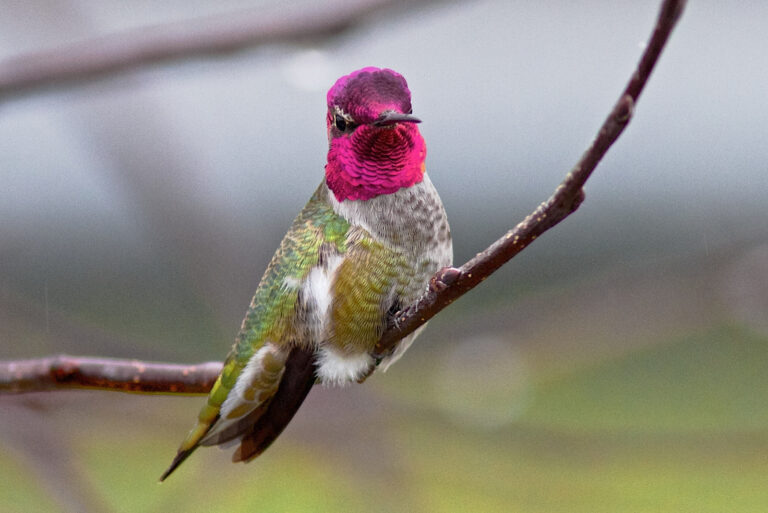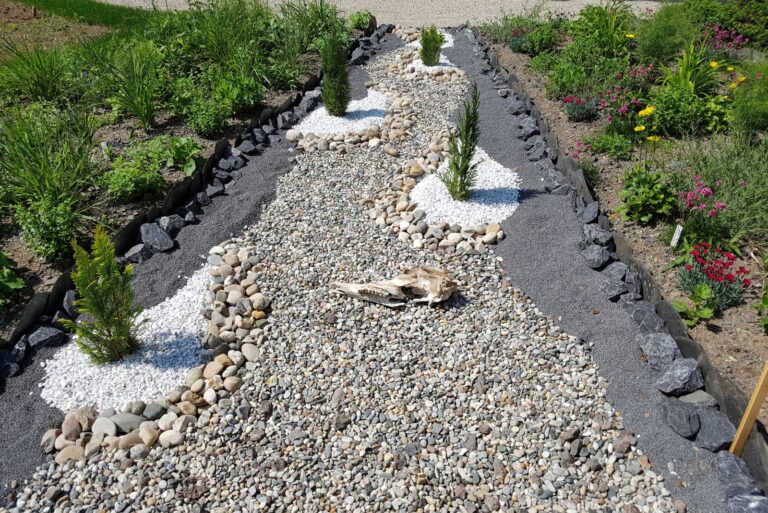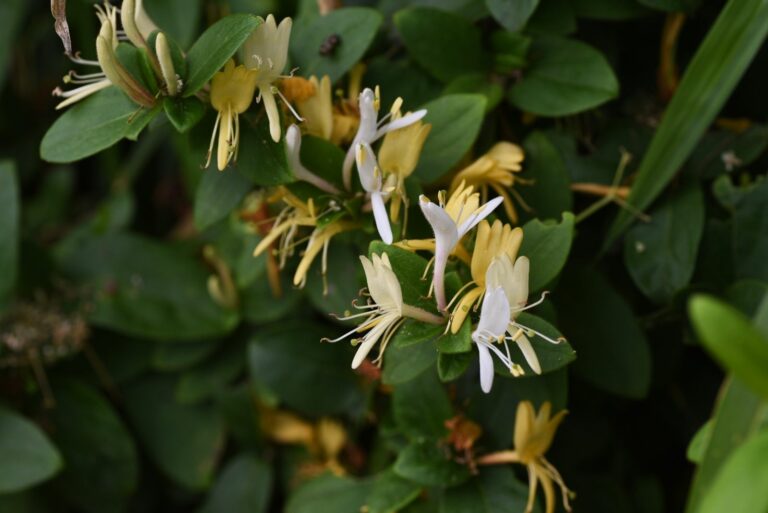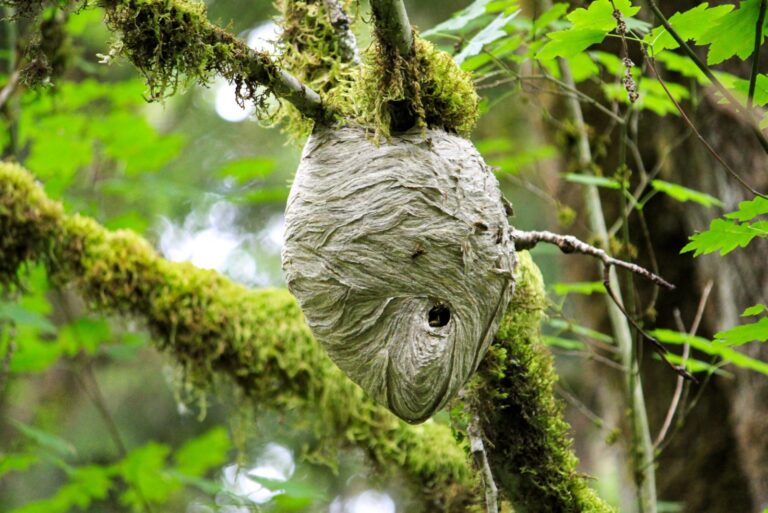Who Is Responsible For Leaves From A Neighbor’s Tree In North Carolina
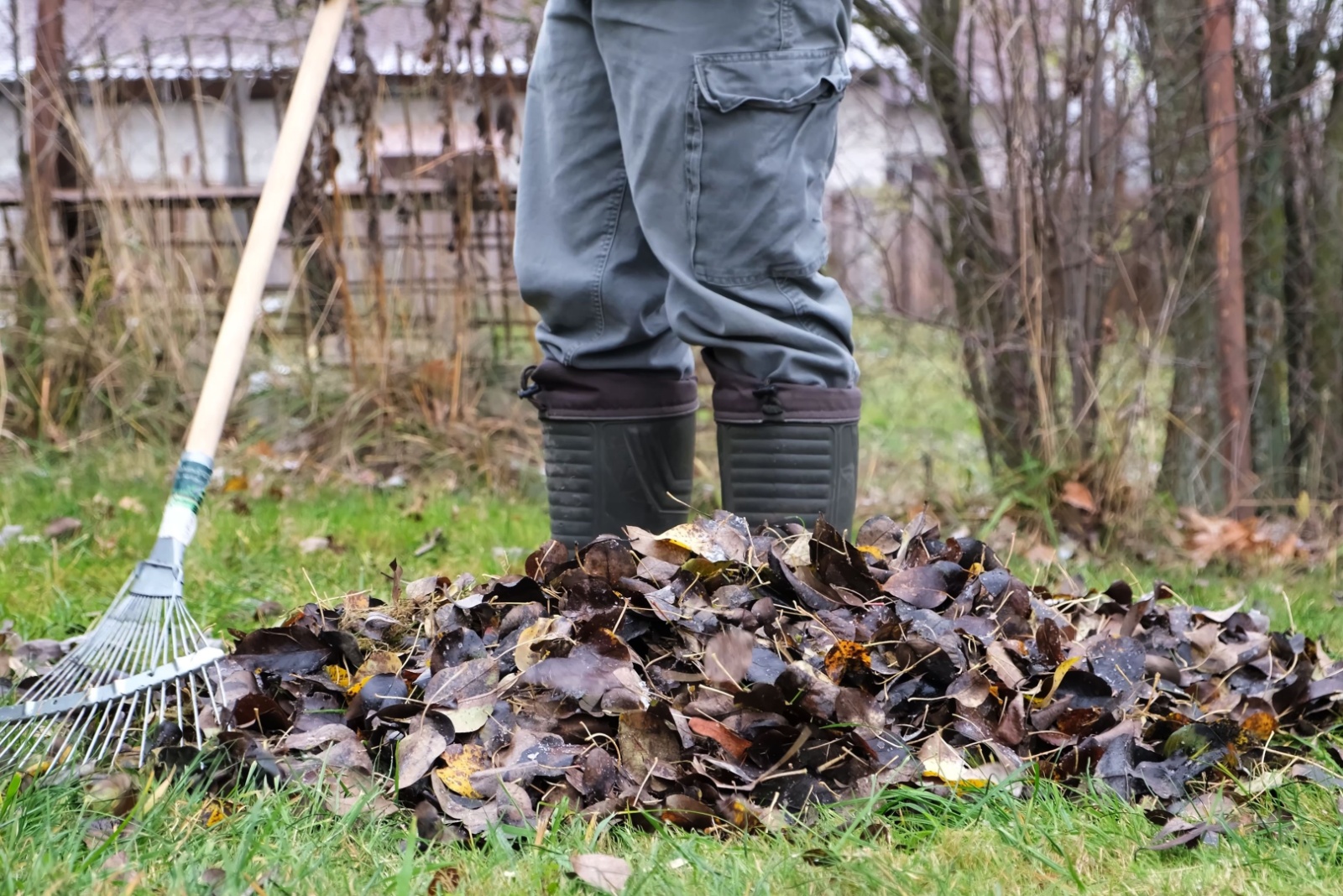
Every fall in North Carolina, the same debate blows through neighborhoods right along with the leaves. Your yard’s covered in gold and red—but they didn’t fall from your trees. So who’s really responsible for the cleanup?
Before you grab the rake or ring the doorbell, it helps to know where state law—and good manners—draw the line. Here’s the truth about who’s responsible for those wandering leaves.
1. Property Owners Handle Their Own Yards
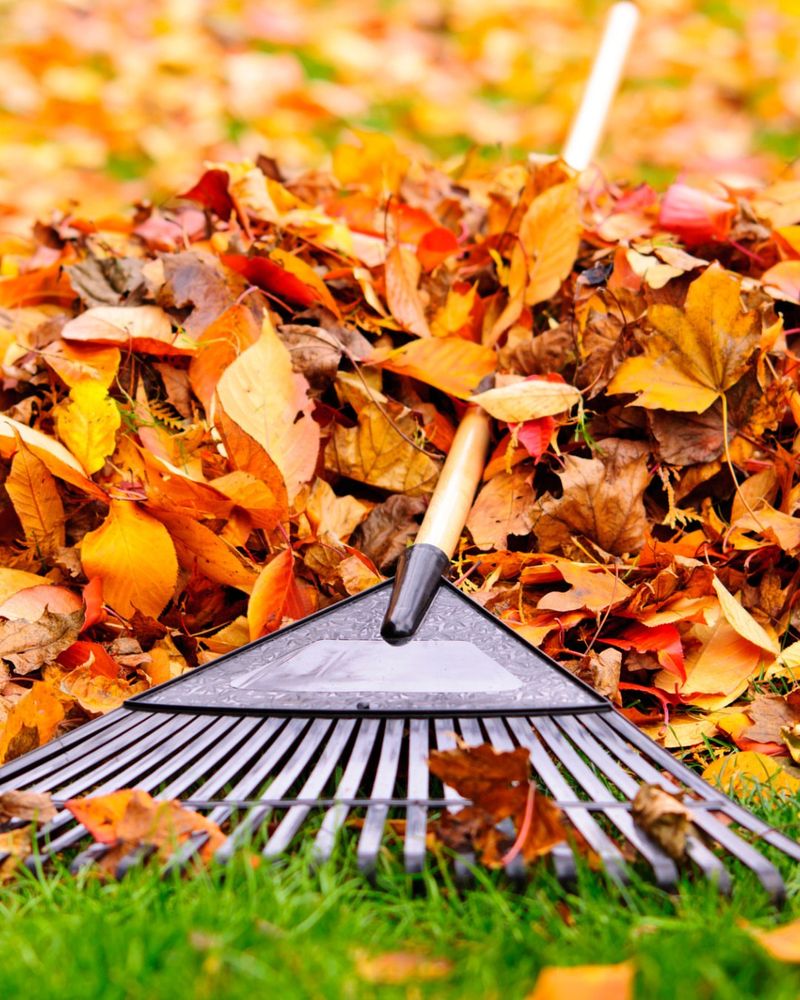
In North Carolina, property owners are generally responsible for cleaning up leaves that land on their own property, even if those leaves come from a neighbor’s tree. The law views falling leaves as a natural occurrence, similar to rain or wind.
Your neighbor isn’t legally required to rake your yard or pay for cleanup services. Think of it like this: nature doesn’t recognize property lines, and courts typically won’t force someone to control where their leaves fall.
Focus on maintaining your own space and finding efficient cleanup methods that work for your schedule and budget.
2. Trees Growing On Property Lines
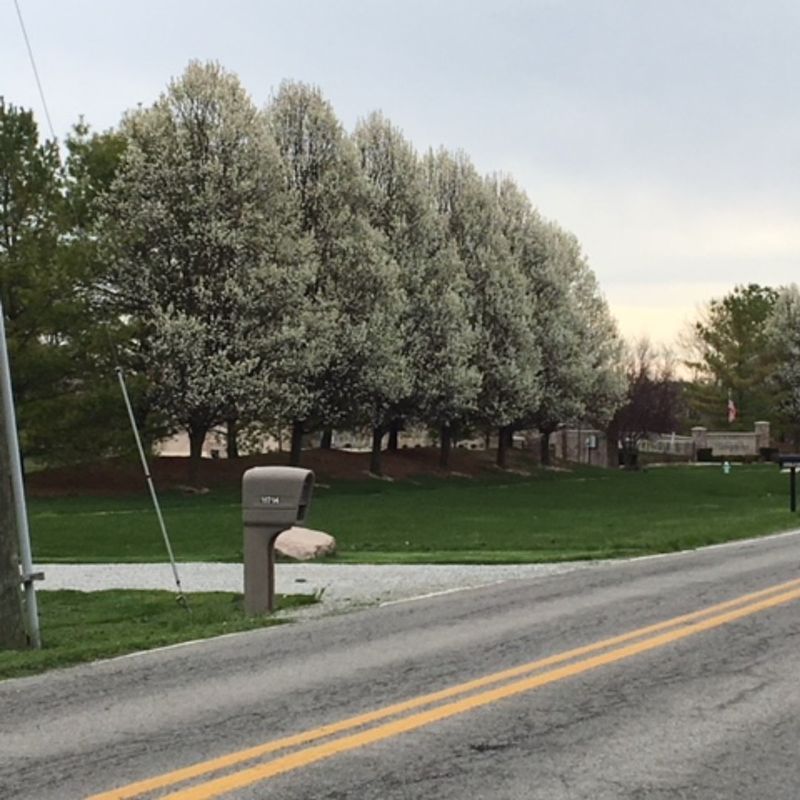
When a tree trunk sits directly on the boundary between two North Carolina properties, both neighbors share ownership of that tree. This means you both have rights and responsibilities regarding its care and maintenance.
Shared trees require cooperation between neighbors. Neither person can remove or significantly trim the tree without the other’s permission. If leaves from a boundary tree become a problem, both neighbors should discuss solutions together.
Communication becomes essential in these situations. Working together on cleanup or tree care can prevent disputes and maintain a friendly relationship with your neighbor.
3. Trimming Branches That Cross Your Property
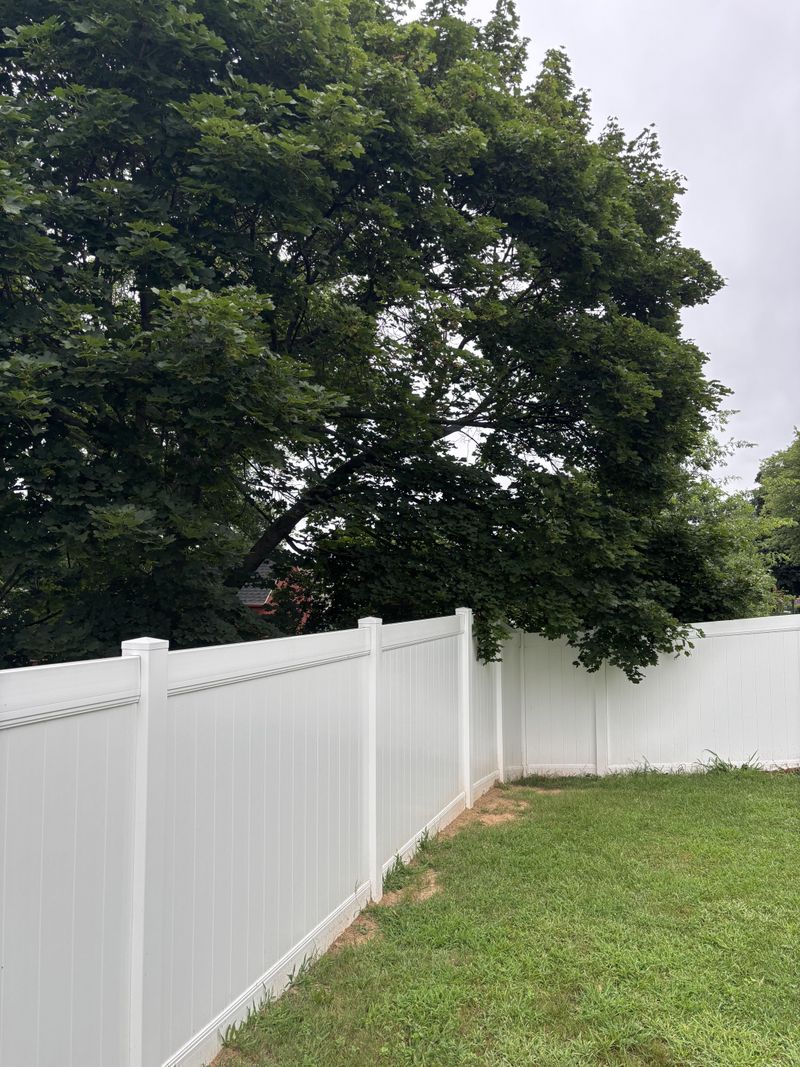
North Carolina law allows you to trim branches that hang over your property line, but there are important rules to follow. You can only cut up to the property boundary, and you cannot go onto your neighbor’s property to do the work.
Be careful not to damage or kill the tree when trimming. If your actions harm the tree significantly, you could be held financially responsible. Consider hiring a professional arborist who understands proper pruning techniques.
Always keep the peace in mind. Talking to your neighbor before trimming shows respect and might lead to a shared solution.
4. Nuisance Claims Rarely Succeed With Leaves
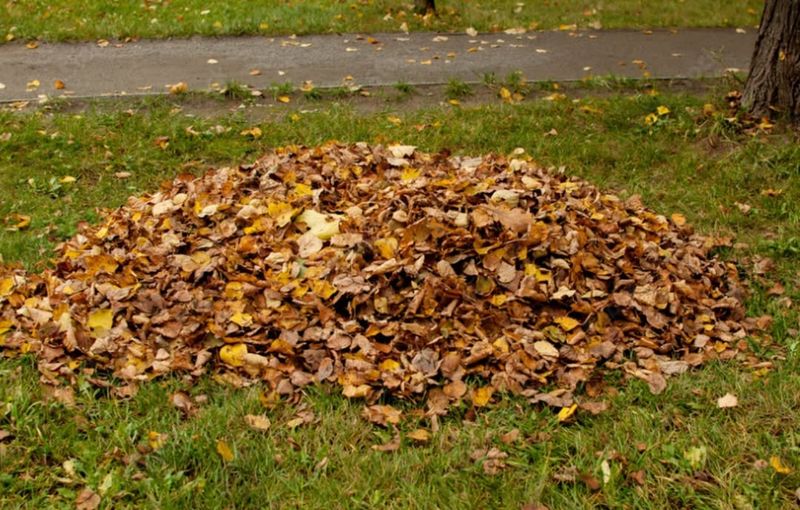
You might think falling leaves create a legal nuisance, but North Carolina courts typically disagree. Natural occurrences like falling leaves, acorns, or seeds don’t usually qualify as nuisances under the law.
Courts recognize that trees provide environmental benefits and that leaves are a normal part of having trees nearby. Unless the situation is truly extreme and unreasonable, judges won’t order your neighbor to remove their tree or compensate you for cleanup.
Save yourself legal fees and stress by accepting that leaf cleanup is part of homeownership, especially in neighborhoods with mature trees.
5. Homeowner Association Rules May Apply
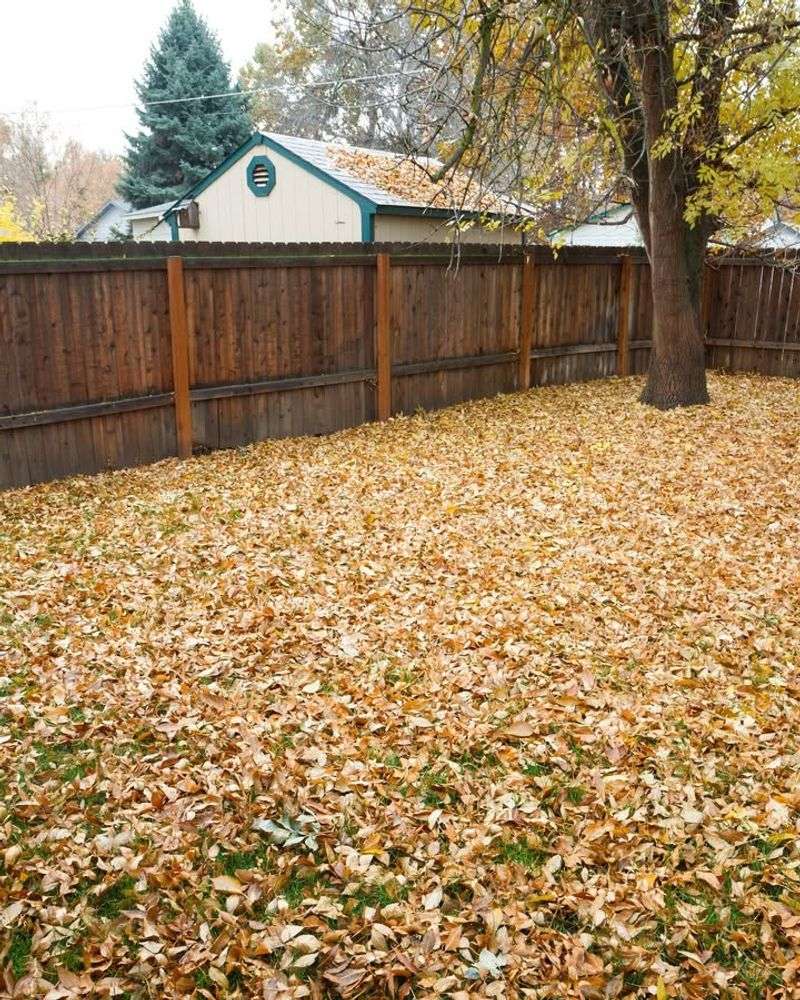
If you live in a North Carolina neighborhood with a homeowner association, additional rules might affect how tree and leaf issues are handled. Your HOA governing documents could include specific requirements about tree maintenance, yard cleanup, or landscaping standards.
Review your HOA bylaws carefully to understand what’s expected. Some associations require homeowners to keep trees trimmed or maintain leaf-free yards during certain seasons. Others might have dispute resolution processes specifically for neighbor disagreements.
Contact your HOA board if conflicts arise. They can clarify rules and sometimes mediate between neighbors to find fair solutions.
6. Good Communication Prevents Most Problems
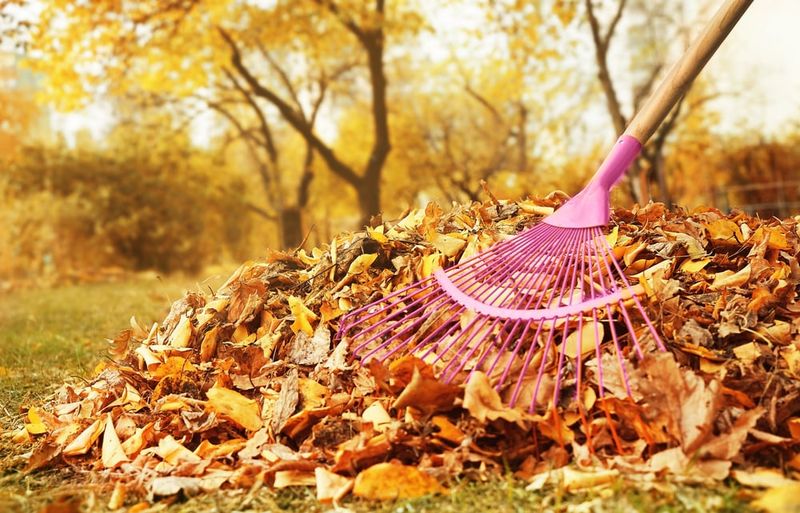
Most leaf disputes can be resolved through friendly conversation rather than legal action. Approaching your neighbor with respect and understanding often leads to practical solutions that work for everyone involved.
Maybe your neighbor didn’t realize their tree was causing you extra work. They might be willing to help with cleanup, share costs for a yard service, or agree to trim problematic branches together. Building goodwill creates better outcomes than demanding legal rights.
Remember that you’ll likely be neighbors for years to come. Maintaining a positive relationship matters more than winning a dispute about leaves.

